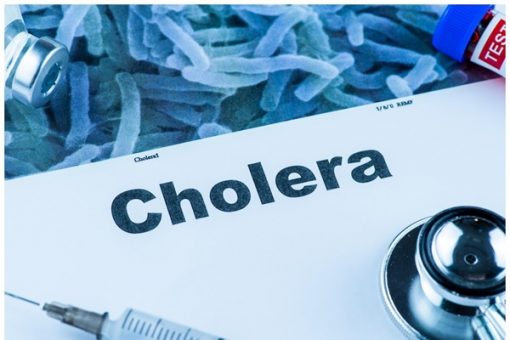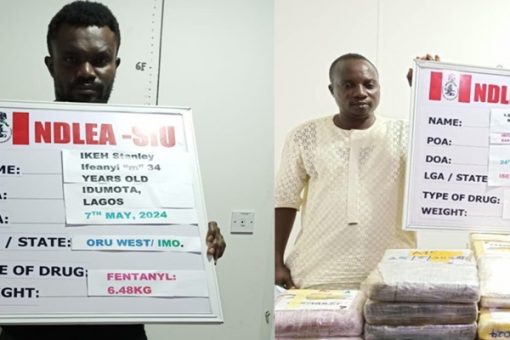Geneva, Sept. 12 — The World Health Organisation (WHO) has raised alarm over a sharp rise in cholera cases and deaths worldwide, warning that the disease remains a major threat despite being both preventable and treatable.
In a statement on Friday, the UN health body said reported cholera cases increased by 5 per cent and deaths surged by 50 per cent in 2024 compared to 2023, with more than 6,000 people losing their lives. WHO cautioned that these figures likely underestimate the true scale of the crisis.
The resurgence of cholera, caused by the Vibrio cholerae bacterium spread through contaminated water, has been linked to conflict, climate change, displacement, and poor sanitation infrastructure. Sixty countries reported outbreaks in 2024, up from 45 in 2023, with Africa, the Middle East, and Asia accounting for 98 per cent of all cases.
“The scope of outbreaks has widened, with 12 countries each recording more than 10,000 cases — seven of them experiencing large-scale epidemics for the first time,” WHO noted. In Comoros, cholera returned after more than 15 years of absence.
Africa saw its case fatality ratio rise from 1.4% to 1.9%, underscoring gaps in access to life-saving care. WHO revealed that one in four deaths occurred outside health facilities, pointing to urgent needs in community-level treatment and education.
To tackle the crisis, the agency urged governments and partners to scale up investment in safe water, sanitation, rapid treatment, vaccination, and surveillance systems. WHO also highlighted progress in vaccine availability, with the new oral cholera vaccine Euvichol-S® entering the global stockpile in early 2024.
Despite a record 40 million doses distributed in 16 countries, supply shortages forced the continuation of a temporary single-dose regimen. Requests for 61 million doses were made last year, exceeding production capacity.
Preliminary 2025 data shows cholera outbreaks have already been reported in 31 countries. WHO said it continues to assess the global risk as “very high” and is working with governments and partners to strengthen surveillance, deliver medical supplies, and boost risk communication.




